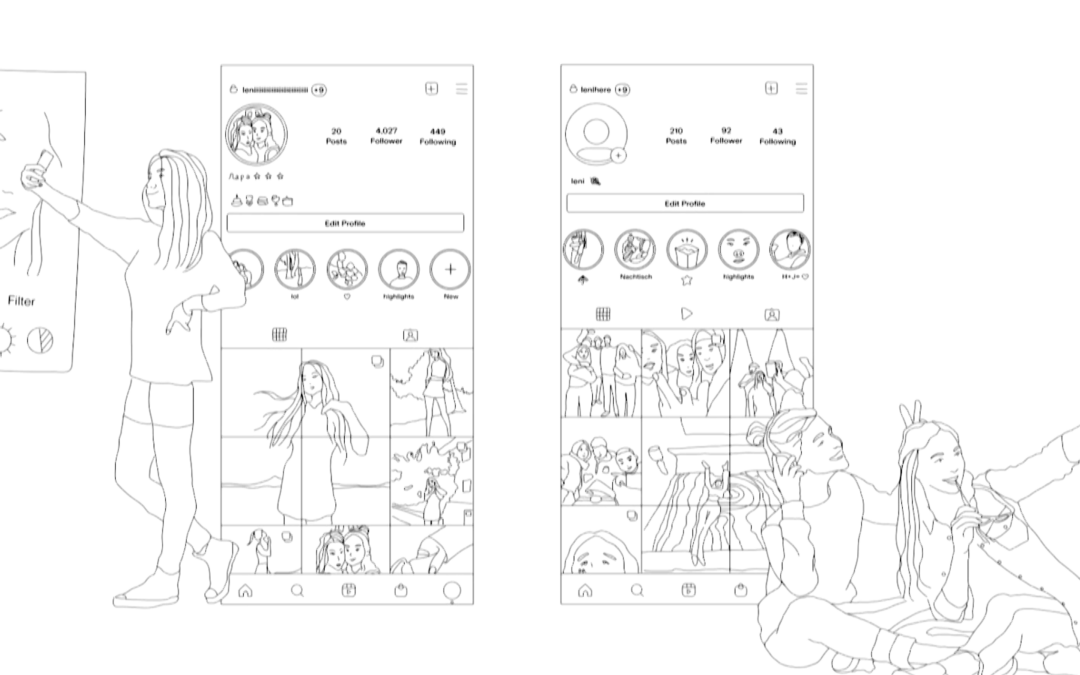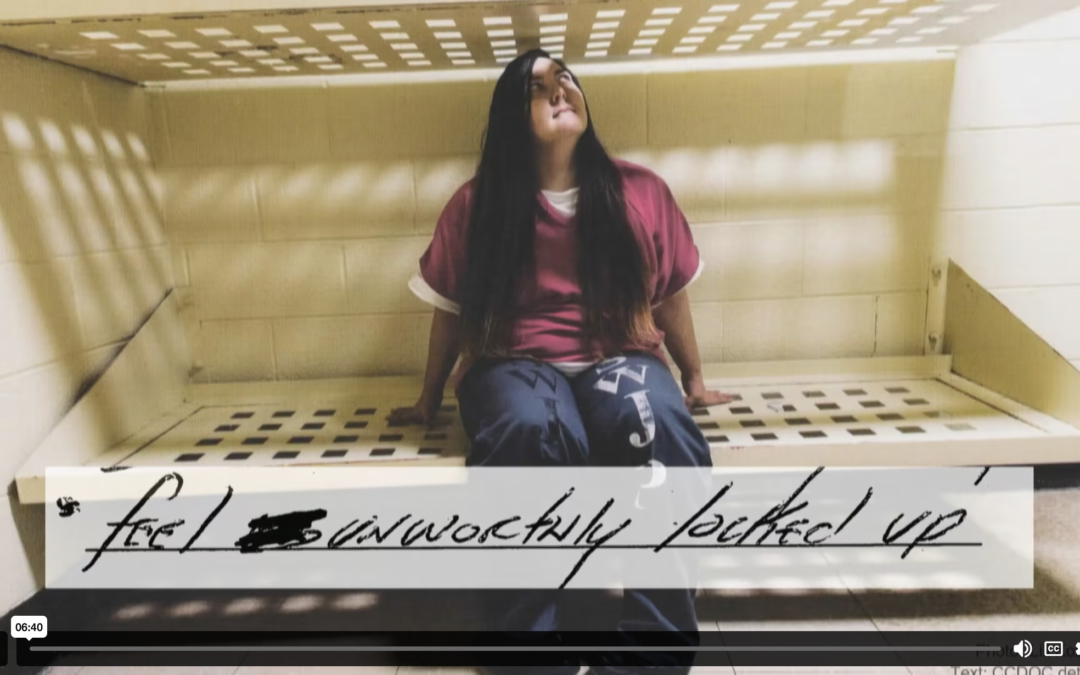Virtual worlds have been central to an imagined future in which advances in technology propel new social practices. The recent focus within the technology industry on the “metaverse” is the latest iteration of...


Virtual worlds have been central to an imagined future in which advances in technology propel new social practices. The recent focus within the technology industry on the “metaverse” is the latest iteration of...

Through Designing Your Future workshops at Cook County Jail in Chicago as part of WIND (Women Initiating New Directions) programming, we have had the chance to connect with incarcerated women awaiting trial....